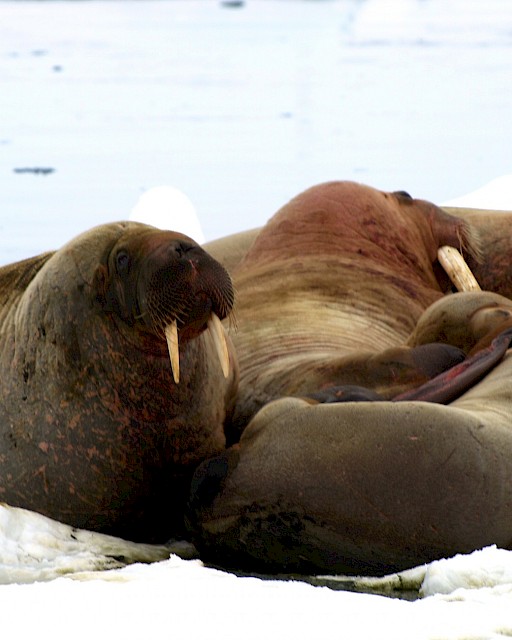Principles
The OSPAR Commission works under the umbrella of customary international law as codified by the 1982 United Nations Convention on the Law of the Seas (UNCLOS), especially in Part XII and Article 197 on the global and regional cooperation for the protection and preservation of the marine environment. The OSPAR Convention recognises the jurisdictional rights of states over the seas and the freedom of the High Seas, and, within this framework, the application of main principles of international environmental policy to prevent and eliminate marine pollution and to achieve sustainable management of the maritime area. This includes principles resulting from the 1972 Stockholm United Nations Conference on the Human Environment and of the 1992 Rio de Janeiro United Nations Conference on the Environment and Development, including the 1992 Convention on Biological Diversity.
Overall, the work of the OSPAR Commission is guided by the ecosystem approach to an integrated management of human activities in the marine environment. This is supported by a general obligation of Contracting Parties to apply
- The precautionary principle;
- The polluter pays principle;
- Best available techniques (BAT) and best environmental practice (BEP), including clean technology.


